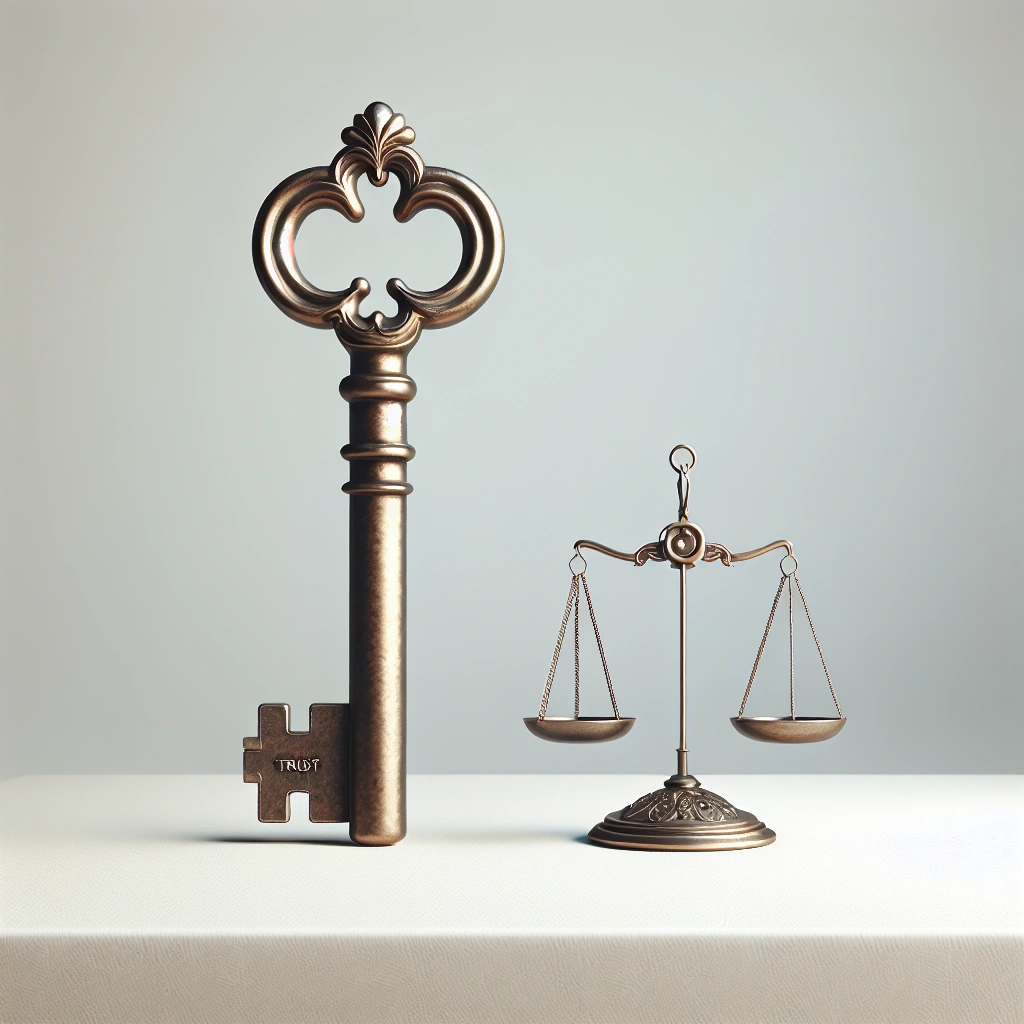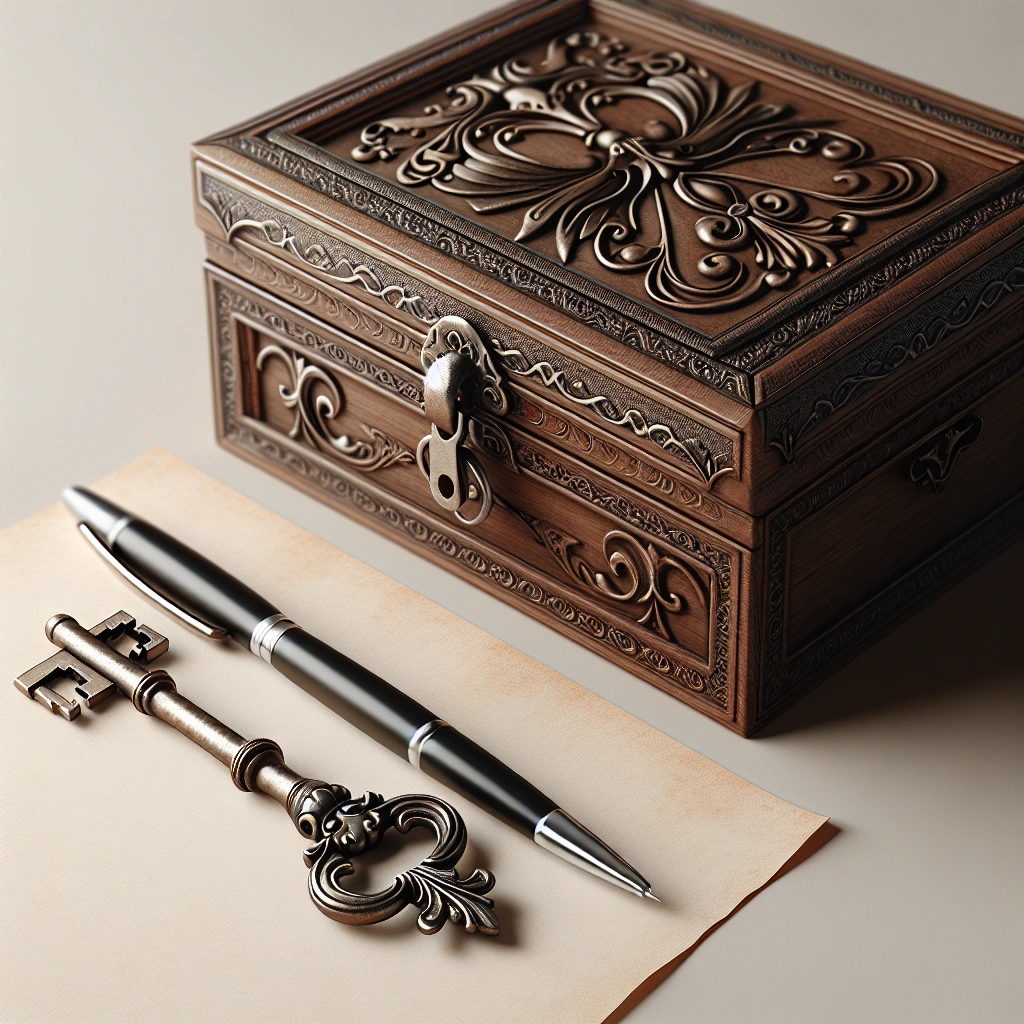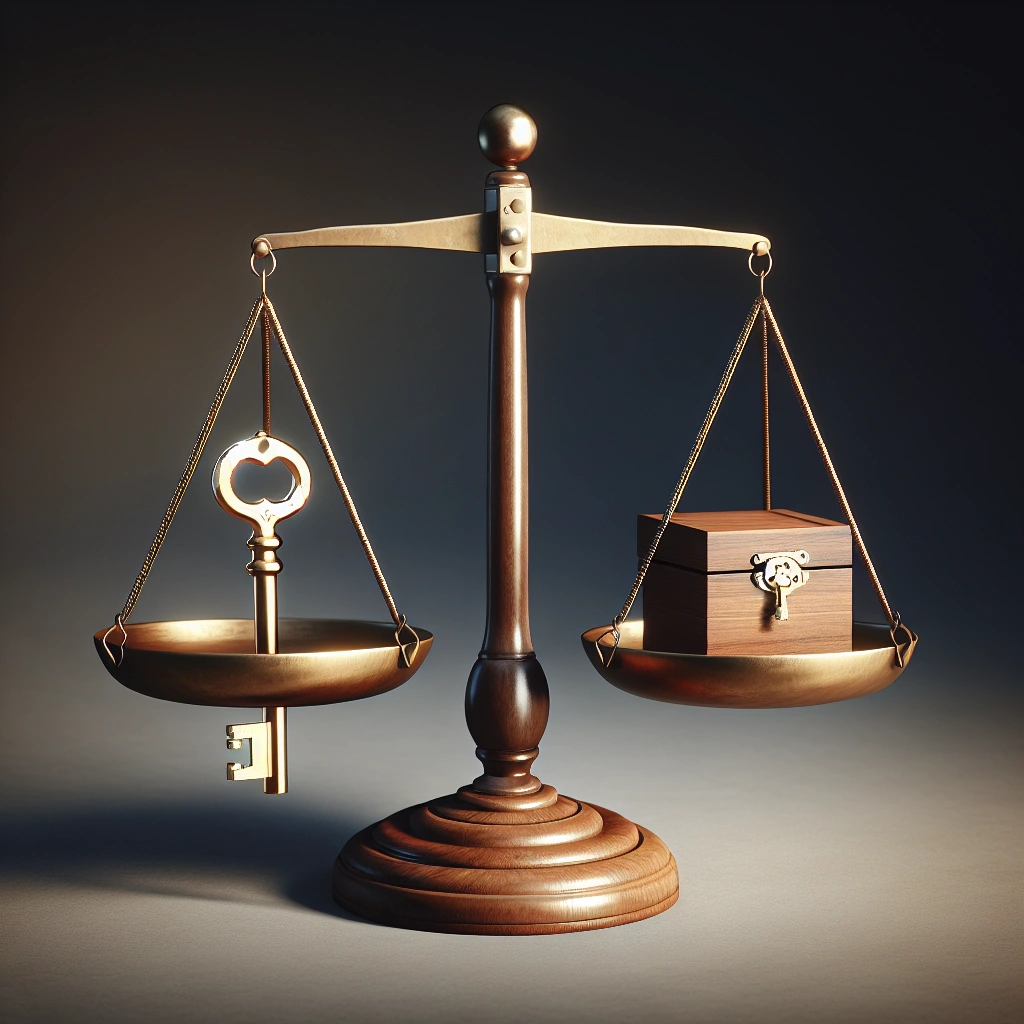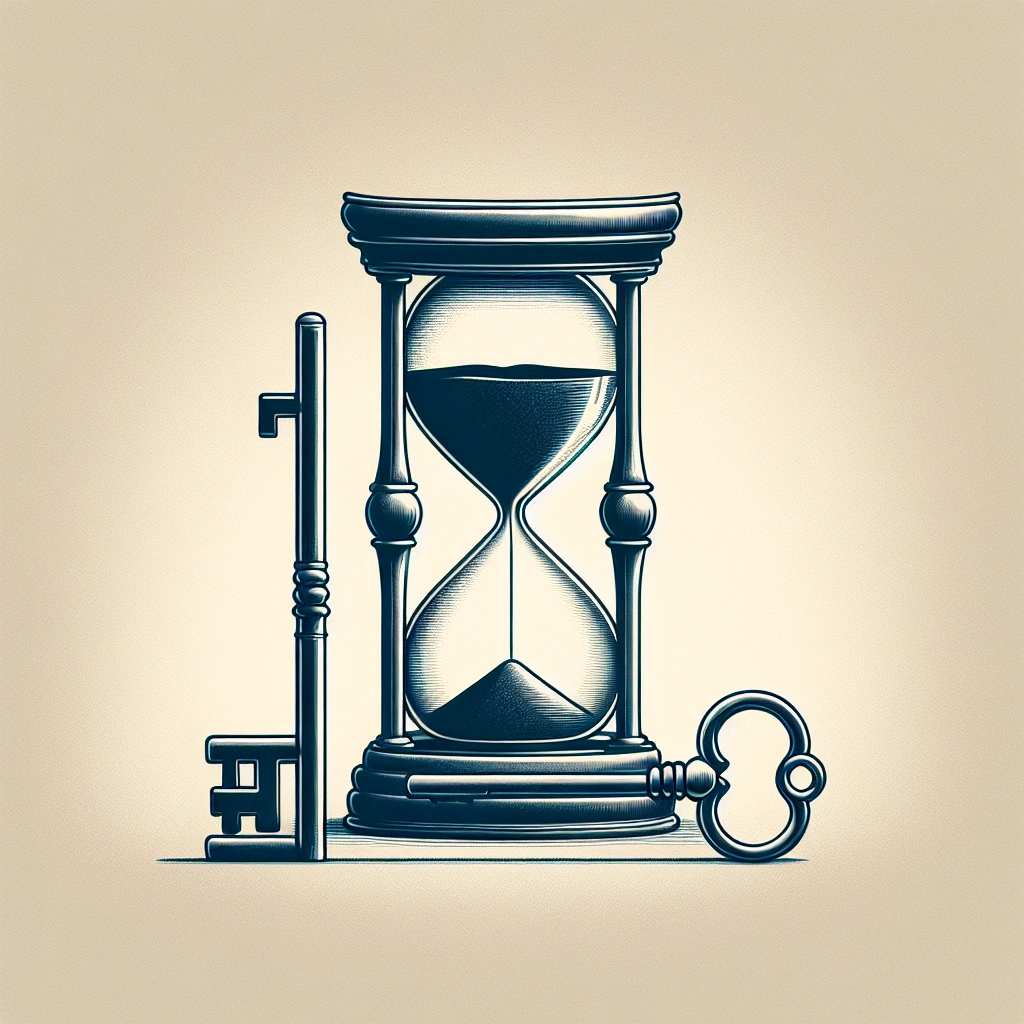Short Answer for What Happens to a Trust When Someone Dies?
When someone dies, their revocable trust becomes irrevocable, and the successor trustee assumes control, managing and distributing the trust’s assets to beneficiaries as specified in the document. This transition ensures the deceased’s wishes are fulfilled without changes to the trust’s terms.
Death is an inevitable journey we all have to face, and when it comes to securing our loved ones’ future, trusts play a pivotal role. Imagine a mechanism that ensures your life’s earnings and assets continue to bring comfort and support to your family, even when you’re no longer there to do so yourself. What happens to a trust when someone dies not only outlines a process but embroiders the tapestry of your legacy, ensuring every stitch follows your exact wishes.
Upon death, a revocable trust transforms, becoming irrevocable. This means no changes can be made; it’s a final testament to your intentions and plans for those you cherish. The torch is then passed to a successor trustee, who carefully and respectfully manages and distributes your assets according to the trust’s terms, ensuring your beneficiaries receive what you intended for them, be it immediately, in stages, or under certain conditions.
This is your chance to look beyond the horizon, to plan not just for your lifetime but for the ongoing support and well-being of your loved ones. Understanding the transformation of a trust upon death is not only about legal formalities; it’s about love, care, and ensuring a smooth transition of your assets to those who mean the most to you. Let’s dive into the essence of ensuring your legacy lives on, precisely as you envision.
-
Upon the trust maker’s death, a revocable trust becomes irrevocable, with no further changes allowed.
-
The successor trustee steps up to assume control, managing assets and distribution according to the trust document.
-
Assets are directly transferred to the beneficiaries as specified in the trust, with transfers potentially being immediate, staggered, or conditional.
-
Being a successor trustee requires handling inventory and asset management, fulfilling legal and financial responsibilities, and communicating with beneficiaries.
-
The transition of a trust from revocable to irrevocable and the role of the successor trustee are critical in ensuring the trust’s terms are honored and beneficiaries receive their inheritance as intended.

What Is The Difference Between A Trustee And An Executor?
The difference between a trustee and an executor lies primarily in their roles and responsibilities concerning managing an estate. An executor is tasked with settling a deceased person’s estate according to their will, involving paying off debts and distributing assets to beneficiaries. In contrast, a trustee manages the assets held in a trust for the benefit of the trust’s beneficiaries, ensuring the trust’s terms are adhered to and acting in the beneficiaries’ best interests.
Definitions and distinctions
Folks, let’s get this straight. The difference between a trustee and an executor is like the difference between a CEO and a project manager. They both have jobs to do, sure, but their roles, oh, they’re worlds apart. An executor is the individual who’s in charge of settling a deceased person’s estate, making sure their will is executed as written, a real by-the-book kind of job. On the other hand, a trustee is the one managing a trust. This person is like a gatekeeper for the beneficiaries, ensuring that everything in the trust is handled just right, for their benefit. It’s all there in the details folks, and I’ve got the best details.
Responsibilities and powers
Now, let’s talk about what these folks actually do. The executor, they’re like the executor of the law; they make sure taxes are paid, debts are cleared, and assets go where the deceased wanted them to go. It’s all very legal, very orderly. And let me tell you, they have the power to make it all happen, swiftly and accurately.
The trustee, however, has a different playbook. They manage the assets within the trust for the beneficiaries – could be investments, could be property, anything that’s in the trust. They have to act in the beneficiaries’ best interests, always – it’s their duty. And, believe me, they have the power to invest, sell, or use the trust’s assets to benefit those beneficiaries. It’s all about trust, folks.
Impact on trust administration after death
Now, when someone passes away, what happens next? If you’re thinking this is where the executor and trustee face-off, well, you’re right, sort of. When it comes to what happens to a trust when someone dies, the executor steps in to settle the deceased’s estate per the will, but the trust – that’s the trustee’s domain.
The trustees, they keep on managing the trust as if it’s another day in the office, ensuring the assets are dished out according to the trust’s terms. The executor, they might be wrapping things up, closing accounts, paying off debts, but the trustee, they’re playing the long game, making sure the beneficiaries get what’s theirs.
So, in the grand scheme of things, the trustee and executor roles are different but equally mighty. One is winding things up, the other’s keeping the train moving.
It’s a beautiful, well-oiled machine when done right. And folks, let me tell you, I know a thing or two about well-oiled machines – they’re tremendous, absolutely tremendous.

How to Settle a Trust When the Trustee Dies?
Let’s make settling a trust great again, folks. When the trustee dies, it’s like a game of chess and real estate all rolled into one.
But don’t worry, I’ll guide you through this like I navigated the business world – with class, brilliance, and a bit of flair.
Take inventory of trust assets
First off, you’ve got to know what you’re dealing with – it’s all about the assets, terrific assets. Like checking out properties before a big deal, you’ll need to gather an inventory of everything in the trust. We’re talking real estate, bank accounts, the works. It’s essential, folks. For more on this, dive into the wisdom at Gathering an inventory of, they’ve got the details.
Pay bills and expenses
Next up, paying bills and expenses. Think of it like managing the budget of a country – you’ve got to keep things running smoothly. The successor trustee needs to step up here, handling legal fees, utilities, you name it. Ensuring everything is paid is huge. If you’re looking for more info, check out The Successor Trustee is, they really break it down.
Resolve tax obligations
Folks, let’s talk about taxes – they’re unavoidable, but we’ve got to deal with them, massively. Resolving tax obligations is critical. We’re talking about filing final income tax returns, estate tax returns, the full monty. Nobody likes taxes, but they’re a part of the deal. Visit Preparing and filing these for a genius explanation on this.
Distribute assets to beneficiaries
Finally, the part everyone’s been waiting for – distributing assets to beneficiaries. This is where you see the smiles, the joy, and sometimes, the drama. But if you follow the trust document to a T and distribute everything fairly, it’s a beautiful thing. For this, folks, Asset Distribution: has got all the details to make it smooth.
Remember, settling a trust when the trustee dies is no small feat. It’s like running a business or leading a nation – it requires knowledge, patience, and a bit of Trumpian flair.
Keep these tips in mind, and you’ll do fantastically. Believe ME.

What Happens to a Trust When Someone Dies?
When someone dies, a revocable trust undergoes a transformation to become irrevocable, meaning no further changes to its terms can be made. The successor trustee then assumes control, managing the trust’s assets and ensuring they are distributed to the beneficiaries as outlined in the trust document. Finally, assets are transferred directly to the beneficiaries, either immediately, in staggered distributions, or under conditional terms, fulfilling the trust maker’s intended legacy.
Transition from revocable to irrevocable
When someone with a trust kicks the bucket, magical things start happening. Let’s get this straight. If we’re talking revocable trust, which basically means you can change it while you’re alive and kicking, it does this incredible Houdini act and becomes irrevocable upon your departure to the great beyond. Why is this huge? Because now, no one can mess with it; it’s set in stone. For the folks who want the specifics, you gotta understand that this transformation is like going from Bruce Banner to the Hulk – it’s permanent and loaded with new rules. Dive into the deep end right here for the nitty-gritty.
Successor trustee steps up
Now, when the trust maker bids farewell, we have the successor trustee stepping up to the plate. This person is essentially the captain now. They’ve got a big job: rounding up the assets, checking them twice, and making sure they get to the right folks, just like Santa, but for your trust. It’s a hefty to-do list that includes dishing out the assets according to the playbook (the trust document, that is), dealing with all the paperwork, and stepping into the trust maker’s shoes. The whole shebang is about making sure everything goes smooth as butter. Get the scoop on their duties right here.
Direct transfer of assets to beneficiaries
Let’s cut to the chase. Once the curtain falls, it’s showtime for transferring the goodies directly to the beneficiaries, quick and clean. But it’s not just tossing assets left and right; it’s about doing it smart. We’re talking quitclaim deeds for property, staggered distributions for the cautious, and outright handovers for the bold. It’s like handing over the keys to the kingdom, making sure everyone gets their piece of the pie, just as intended. This part of the trust saga is so crucial, it’s practically the grand finale. Dive into the how-to over here.
In short, trusts don’t just fade into the sunset when someone dies. They pull a metamorphosis, lay down the law for asset distribution, and make sure the sequel lives up to the original.
Remember, these aren’t just steps; they’re leaps toward leaving a legacy that stands the test of time.
| Phase | Action | Description | Key Details |
|---|---|---|---|
| Transition from Revocable to Irrevocable | Becomes Irrevocable | Upon the trust maker’s death, a revocable trust becomes irrevocable. | No further changes can be made; the trust’s terms are set in stone. |
| Successor Trustee Steps Up | Assumes Control | The successor trustee takes charge of the trust, managing assets and distribution. | Responsibilities include asset gathering, adhering to the trust document, and handling paperwork. |
| Direct Transfer of Assets to Beneficiaries | Asset Distribution | Assets are directly transferred to the beneficiaries according to the trust’s terms. | Transfers can be immediate, staggered, or conditional, ensuring beneficiaries receive their inheritance as intended. |

Serving As A Successor Trustee Is Time-Consuming And Can Be Challenging
Being a successor trustee is a huge responsibility, folks. It’s not just a title; it’s an enormous task that requires time, effort, and a level of dedication that’s frankly unbelievable. I know it, you know it, everybody knows it.
Inventory and asset management
First off, handling the inventory and asset management is like being a CEO of a company that you didn’t start. You need to step in and get a grip on everything the trust owns. We’re talking real estate, stocks, bonds, Grandma’s antique spoon collection – the lot. And it’s not just about knowing what’s there; it’s about valuing it correctly. If you think this is a walk in the park, think again. It’s more like a marathon through a minefield.
Legal and financial responsibilities
Next, we’ve got the legal and financial responsibilities. This is the big league, folks.
You’re playing in a field where making a mistake doesn’t just mean a slap on the wrist. No, Sir. We’re talking about potential lawsuits if you don’t dot your i’s and cross your t’s.
You need to make sure taxes are paid, debts are settled, and everything is above board and legal. This isn’t just a responsibility – it’s a duty to the trust, the beneficiaries, and let’s not forget, the IRS.
And believe me, you don’t want to mess with the IRS.
Communication with beneficiaries
And let’s talk about communication with beneficiaries. Imagine trying to keep everyone happy in a family group chat times a thousand.
You need to be transparent, keep them informed, and somehow navigate the family dynamics that can make Thanksgiving dinner look like a tea party. It’s about balance, diplomacy, and at times, being the bearer of bad news.
Not everyone will be happy with the decisions you make, but communication is key to keeping the peace and ensuring everyone understands what’s happening and why.
To round it all off, being a successor trustee when someone dies – handling what happens to a trust – is far from simple. It’s a multifaceted role that demands a lot.
You’re an asset manager, a legal expert, a financial wizard, and a family therapist all rolled into one. And let’s be clear, nobody’s really thanking you for it.
But, if you do it right, you’re ensuring that the wishes of the person who passed away are fulfilled and that, folks, is the biggest win of all.

Conclusion
When a person passes away, what happens to a trust can be summarized into key actions and transitions that ensure the continuation and proper execution of the deceased’s wishes. Firstly, a revocable trust transforms into an irrevocable one, making it immutable and safeguarding the assets for the beneficiaries according to the stipulated terms. This crucial step prevents any alterations and upholds the integrity of the trust.
Secondly, the role of a successor trustee becomes paramount. They are responsible for the meticulous management of the trust’s assets, ensuring all financial, legal obligations are met, and communicating effectively with the beneficiaries. Their duties are comprehensive, spanning from asset inventory and valuation to addressing any tax obligations and facilitating the distribution of assets to the beneficiaries.
Finally, the direct transfer of assets to the beneficiaries is executed based on the trust document’s instructions. This process is designed to be straightforward and efficient, transferring wealth and assets with minimal complications. Each step, from transforming the trust post-death, the successor trustee taking charge, to the ultimate distribution of assets, is a testament to the thorough planning and foresight a trust enables, securing a legacy and providing for loved ones even in one’s absence.
